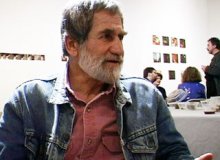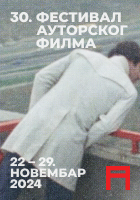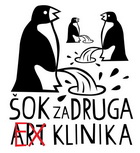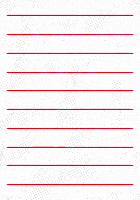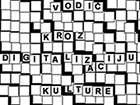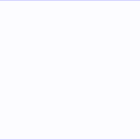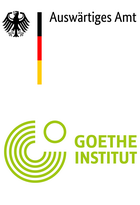Maja Pelević: Lack of freedom made us realize how free we were
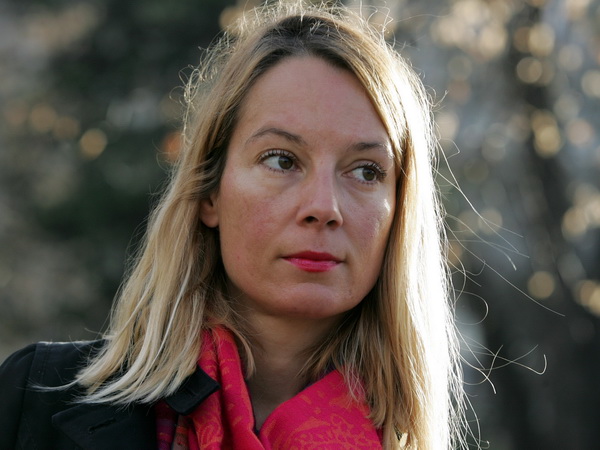
Playwright, Director and Performer Maja Pelevic, author of a series of plays that have addressed key issues of Serbian society in the past decade (Orange peel, Me or someone else, My awards, They live ...), believes that people's mental health is a key topic we all have to deal with, led by a contry which must have made it a priority long before the pandemic - because of everything that happened in this area in the 1990s and after. In an interview with SEEcult.org, Maja Pelevic states that dealing with mental health is especially important in liberal capitalism, system of which, and especially its version in Serbia, is designed so that one does not have time to think about anything other than how to feed the family and where to sleep. There is no time to think about another person, about solidarity, and to do something for free for the benefit of society - that would be a pure utopia. Utopias, on the other hand, should be considered, because it is a way to fight against everything, and people must have hope, says Maja Pelevic, a member of the Movement for the Democratization of Europe DiEM25.
"Our state has generally not entered the sphere of mental health, even in the part that has nothing to do with this pandemic, and which is so important and should have been addressed a long time ago, and that is the sphere of human mental health after the traumas of the 1990s. Now we have a new chapter, and that is capitalism, which, if really makes anything worse, it would be people's mental health. People work non-stop like machines, they can't catch their breath, let alone deal with mental health, which, of course, also affects physical health. The state does not deal with mental health, there are individuals who deal with it, but it is a luxury. In primary and secondary schools, the institution of psychologists is not taken as seriously as it should be, not to mention companies and firms. The one who has money - can have a therapist, and others ... This is not at all good, because only in the coming years will the famous PTSD appear. We will not feel the consequences of the epidemic in the first few months after its end, but we will feel them later and feel them for years - the consequences will only be visible when relaxation begins. We have completely forgotten about the economic crisis, no one is talking about what is to come, we have not seen the crisis yet, and it is happening and will continue to happen", said Maja Pelevic.

According to her, she felt freer during the quarantine than before and after it, because the quarantine gave her a certain space of freedom.
"In that lack of freedom, we realized how unfree we really are, and that was terribly liberating as a discovery. I have never been to prison, I have only listened to the stories of people who have that experience, who say that they felt freer in prison than outside. After their release from prison, they felt a kind of human behavior that they would no longer feel indoors. That is why, when I watch the pandemic, the most interesting thing for me is the relationship between closedness and openness, freedom and lack of freedom, and the mere questioning if we are in a free world, and it is amazing how insanely unfree we are. And it was only when we were imprisoned that we became aware of the magnitude of our lack of freedom. We all knew that in theory, but we only experienced that then", she stated.
Maja Pelevic considers that the question of how the virus originated should not be addressed, as it is much more important how countries acted when it came.
"It was interesting to watch, I felt like I was in an incredible experiment, when within two days in Serbia - which is not a law-abiding Germany - I noticed that people started wearing masks, standing in a row, putting on gloves, respecting those rituals when they enter the house, taking everything off and taking it to the balcony. After only three days, we acted as if we were from "The Maid's Story". It is truly amazing how quickly these rituals spread. We kind of love those rituals, let someone tell us what to do. And only then did the riots start: they don't want this, they don't want that, they don't want masks, they don't want vaccines ... As far as that part of the story is concerned, it can always be a case study of human nature.
What is more interesting to me is that it shows how some, conditionally speaking, democratic societies have completely failed the test of democracy, primarily America, and even many Western countries. There has been a complete closure in their nation-states. The EU project was disintegrated, each country could decide how much and how to take the vaccine, how to get into it, under what conditions or not... The whole concept of the EU has completely failed. Not to mention the north-south relationship, and of course the virus mutates in Africa when they have nothing. Only here did a complete civilizational collapse occur. It is more interesting to me than the theory of chipping, which is funny to me, because we have already been chipped - everyone who has an iPhone is chipped, we take it every day, we insert data into it, we have electronic ID cards ... It's a matter of time when we will literally be chipped. And that is the least of a problem. My bigger problem and phenomenon is how the whole civilization project of democracy, union, solidarity, aid, free countries, freedom in general, completely devalued, failed. For example, no one talks about what is happening with Australia, people are there in a total blockade, and we do not follow the situation there. Until yesterday, it was the Promised Land. I know many people who until recently wanted to go there, and it turns out that there is a completely crazy dictatorship, worse than anywhere else in the world. The movie ‘Don’t Look Up’, which has come out recently, would have looked like the greatest science fiction until the pandemic, but now it doesn’t seem at all unrealistic that some meteor could head towards us. So, it is always more interesting for me to observe globally, and the fact that there is always some additional madness in our country is another matter ", stated Maja Pelevic.
As far as art is concerned, Maja Pelević believes that no art makes sense if anyone was endangered in any way in the process of its creation. At the same time, she believes that no art that is not self-critical makes sense. She also believes that theater that does not question life is meaningless, which is why she was not sorry when it disappeared during the pandemic in its original "spectator-performer" form, because it had already lost its meaning.
"Long before the pandemic, the theater no longer had the kind of passion it once had had, it was no longer something that all strata of society could watch, where various problems could be re-examined. It has started to become a place where beautiful clothes are worn, people watch civic shows that make people laugh, that entertain people just to spend their evenings. You realize that the theater is becoming a civic institution where no one wants to ask much, to worry about something, it is already a place for ‘bread and games’… I have no impression that people could hardly wait for the theaters to open. Maybe a lot of them thought - well, we don't need this... And maybe we really don't need that kind of theater anymore. Maybe it's time to totally die, to become a museum art, and then to create a new kind of theater, in whatever form, which will be a way of returning to the people. At the moment, the fight against Rio Tinto is more important for me than most of the things that are happening on our stages. And it is not only in Serbia, it can be seen in the performances that come to Bitef. You can see that there is a kind of death of the theater, death of meaning in the theater as we have known it so far ", said Maja Pelevic.
The entire interview (in Serbian) can be found on this link.
*Photo: Anđelko Vasiljević
(SEEcult.org)
Funded by the International Relief Fund for Organisations in Culture and Education 2021 of the German Federal Foreign Office, the Goethe-Institut and other partners, goethe.de/relieffund


